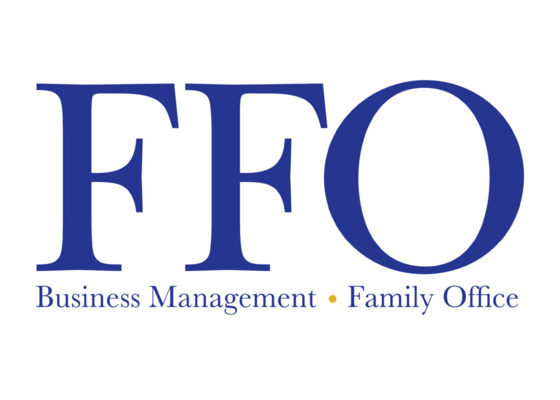A number of factors can contribute to the financial problems – including bankruptcy – that plague many professional athletes. One of these factors is an inability of the athletes to say “no” to themselves, their family, and close friends.
Even though many professional athletes earn substantial monies, a significant percentage end up in serious economic binds. There are various reasons for this sorry state of affairs. High on the list is the fact that many professional athletes entrust their monies and, consequently, their financial affairs to either morally corrupt and/or technically incompetent professionals. Another reason millions of dollars end up “vanishing” is that a solid percentage of athletes have a very hard time with the whole concept of “No!”
“The careers of most professional athletes are limited. By the time they’re in their forties or earlier, their careers are over. Relatively few bring in serious money as sponsors. Very often, their earnings as professional athletes needs to grow and be there when they’re no longer playing,” explains Rick Flynn, managing partner of FFO Business Management & Family Office and author of The High-Functioning Single-Family Office. “Generally speaking, prudently investing a portion of their earnings is a wise move. However, it’s impossible to do so when there is no money to invest because the athletes are spending it or giving the money away.”
Unfortunately, excessive spending is characteristic of many athletes. This often takes the form of houses, cars, and bling. Many times, athletes buy impulsively. Something strikes their fancy, and the next moment they own it. In a similar vein, some athletes tend to be very magnanimous, which contributes to their economic free fall. They are very generous with their family and friends from giving them jobs – with limited if any responsibilities – to buying things like houses for them. These “altruistic” actions can readily and severely adversely impact the athletes’ financial lives.
“In working with professional athletes, we periodically need to help them understand the implications of their personal spending and their largess. By clearly explaining the consequences of their actions, we find that pretty much all of them recognize that changes need to be made. This might include a series of actions such as a resetting of priorities, development of budgets, or even a complete restructuring of their finances. One of the changes that professional athletes living beyond their means learn to make fairly quickly is how to say NO to themselves and to others,” says Flynn.
